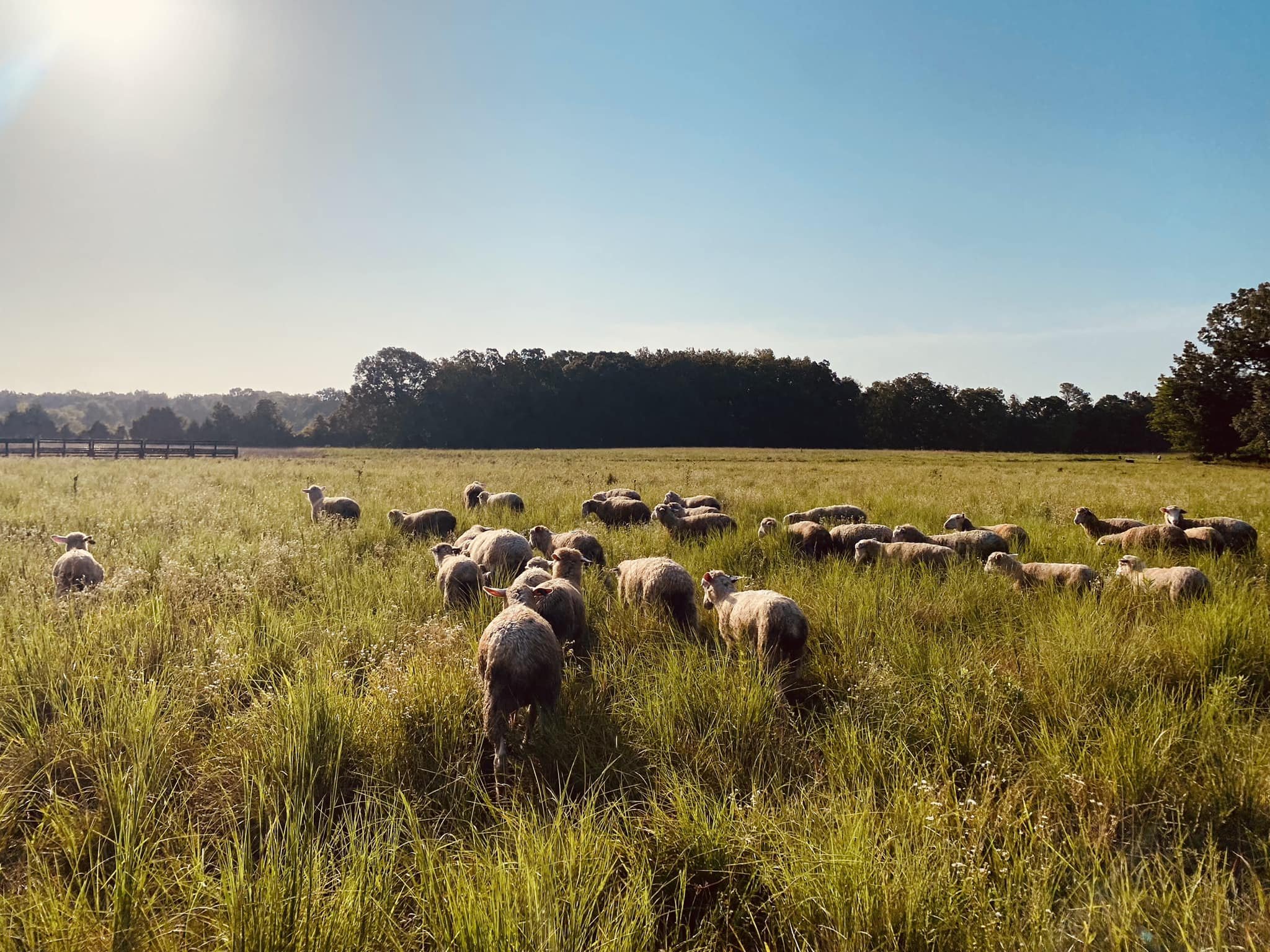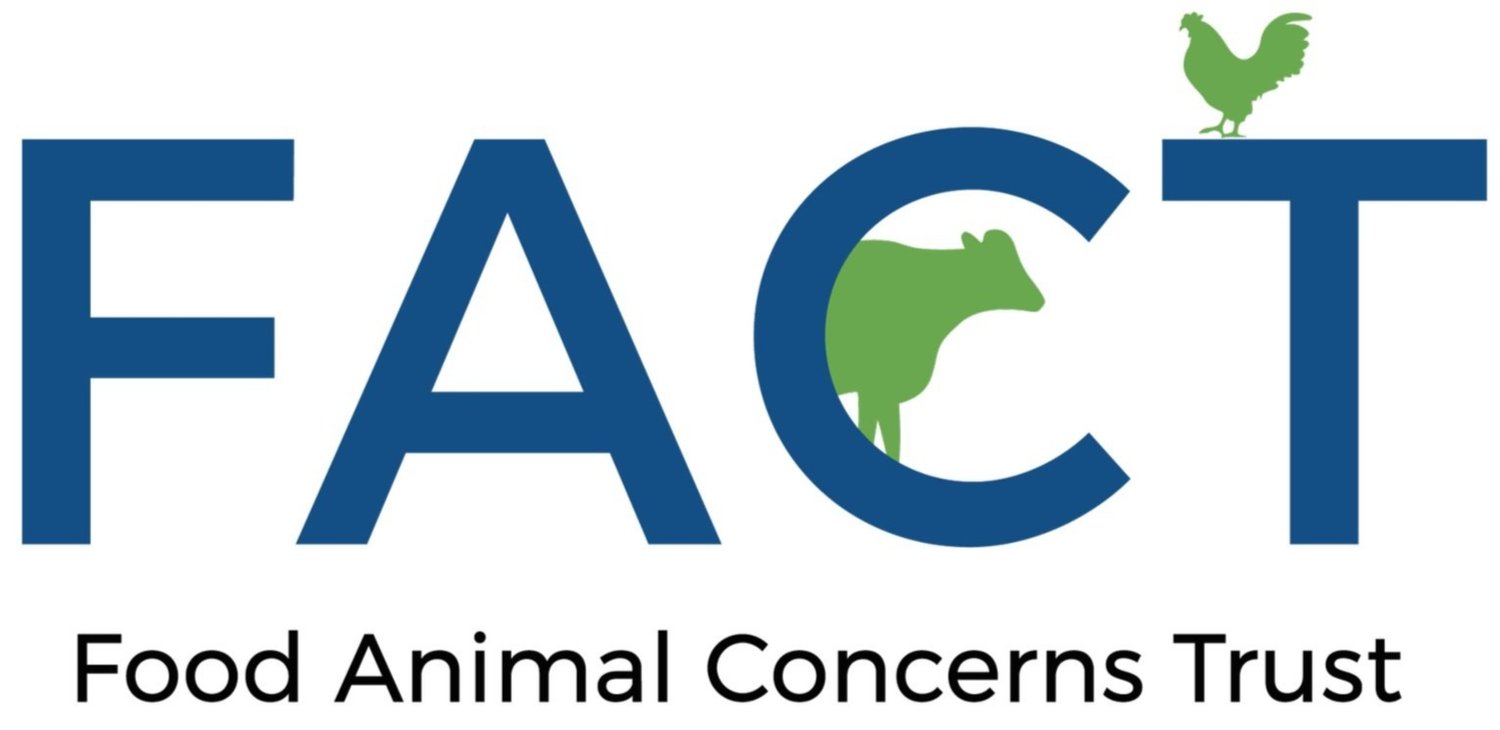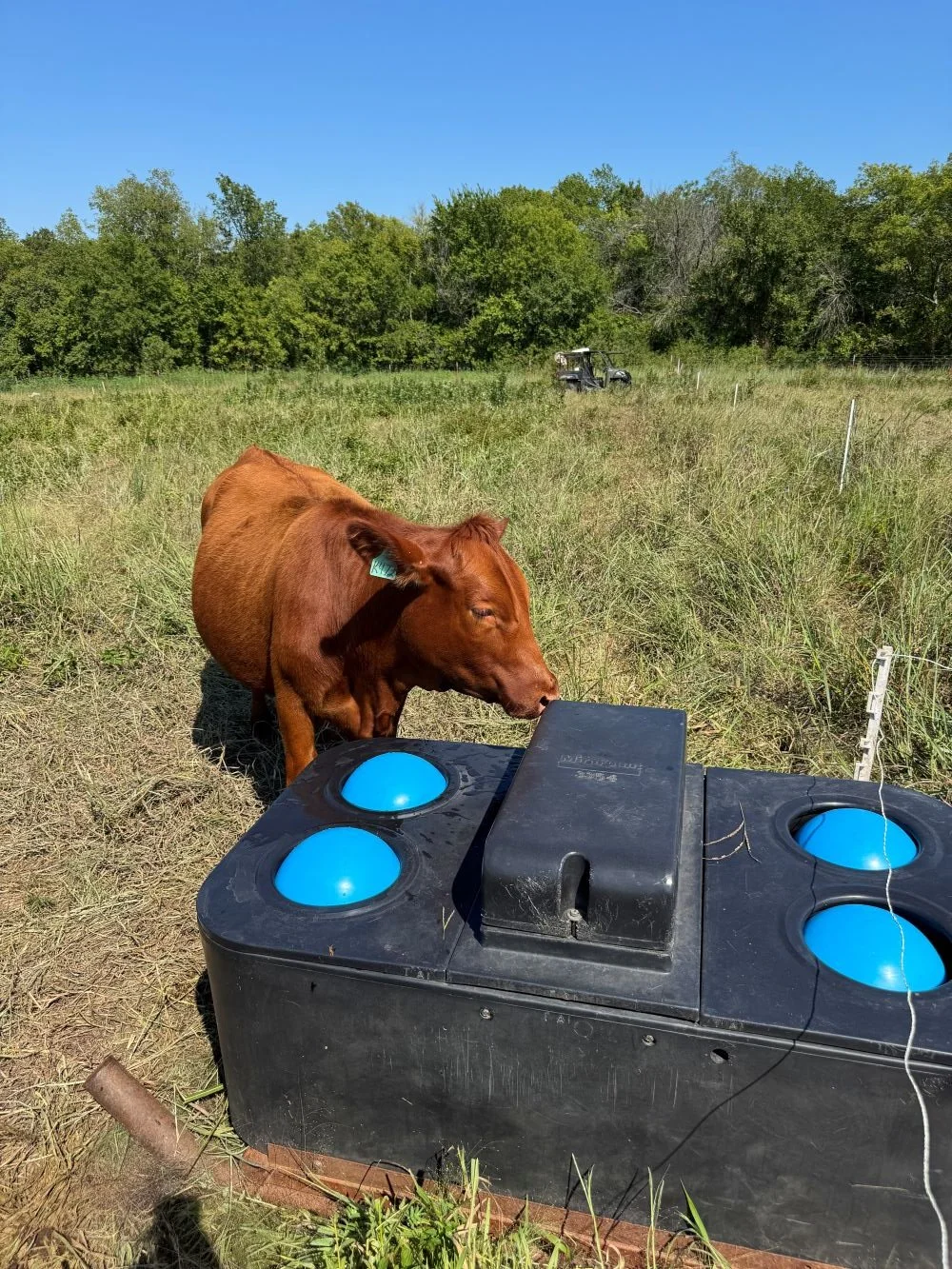
Chadwick Sheep Company
All you need to know to apply for a Fund-a-Farmer Grant
Can you send me a reminder email when the applications open?
The best way to be reminded of when we open applications is to sign up for our farmer newsletter (scroll down to sign up). We share a lot of useful information including other funding and educational opportunities for farmers.
Do you have any examples of applications that were funded in the past?
Yes, we do! Here are 4 examples of Fund-a-Farmer grants awarded in February 2025 with details as to why they were funded. Please note that some of the application questions have changed slightly for the current round of funding. However, the notes and feedback provided below each question are general tips that can be adapted for the updated questions.
Could you please explain the Schedule F requirement?
One of our eligibility requirements is that applicants must be working, independent, family farms, or operated by a federally-recognized tribal entity. These are farms on which a family, individual, or tribe owns the animals, is engaged in the day-to-day management of the farm and its animals, derives a share of livelihood from the farm, and produces a livestock product for sale. The Schedule F tax form is how FACT ascertains that your farm is a working farm business. Should you be selected to receive a Fund-a-Farmer grant, you will be required to furnish a copy of your farm’s Schedule F (or comparable) from the most recent tax filing. If you haven’t filed taxes for your farm in the past but expect to do so for 2025, before the grants are awarded in March 2026, you may indicate this on your application.
Is my project eligible? What types of projects get funded?
Please read through our list of previously funded projects for ideas and inspiration. On-farm projects must impact beef cattle, bison, broiler chickens, dairy cows, ducks, geese, goats, laying hens, pigs, sheep, and/or turkeys. Funds will not be awarded to non-profit organizations; operational expenses such as animals, feed, and land; and projects related to the slaughter of animals. (photo credit: Plow and Stars Farm)
This year our Animal Welfare Improvement grants will specifically fund grants for farms looking to:
Grants for farmers who wish to improve the lives of their farm animals. For example
Transition to pasture-based systems
Expand animals’ access to well-managed pasture
Improve the living conditions of their food animals
Farmers do not need to hold or be seeking certification.
Grants for farmers pursuing animal welfare certification. These grants are Farms seeking one of the approved animal welfare certifications...
Certified Animal Welfare Approved (AWA) and affiliated certifications by A Greener World
Global Animal Partnership (GAP) Animal Welfare Certified (steps 4 to 5+)
Grants for animal welfare certified farmers. These grants are for farms already holding one of the approved animal welfare certifications looking to...
Maintain any of the following certifications
Certified Animal Welfare Approved (AWA) and affiliated certifications by A Greener World
Global Animal Partnership (GAP) Animal Welfare Certified (steps 4 to 5+)
Projects related to the marketing, sales, and distribution of welfare-certified products.
Expand animals’ access to well-managed pasture
Improve the living conditions of their food animals
This year our Systems and Innovations grants will specifically fund grants for farms looking to:
Develop business plans/feasibility studies for significant changes to an operation including conversion to pasture or adoption of alternative breeds
For example: A feasibility study to see if a farm can move from an enclosed operation to a pasture-based one
Install the infrastructure necessary to convert from non-pasture to pasture-based operation.
For example: Hogs raised in open hoop houses, closed barns or with little or no access to pasture being moved to a pasture-based system
Adoption of alternative breeds including sourcing genetics; housing accommodations; feed changes; marketing
For example: Farms who would like to switch from conventional breeds of poultry to higher welfare slower growing or heritage breeds
Develop Co-operative or other forms of shared marketing among pasture-based farms including the development of cooperative agreements and necessary documents
For farms interested in developing a cooperative market for pasture-based
I lease my land. Am I eligible to apply for a grant?
Yes, if you meet all of the other eligibility requirements, then you may apply. You do not necessarily need to own the land on which you farm; we recognize that many people do lease their land and this does not disqualify you. Just make sure to speak with the land owner in advance to confirm that s/he will permit you to implement your proposed projects.






